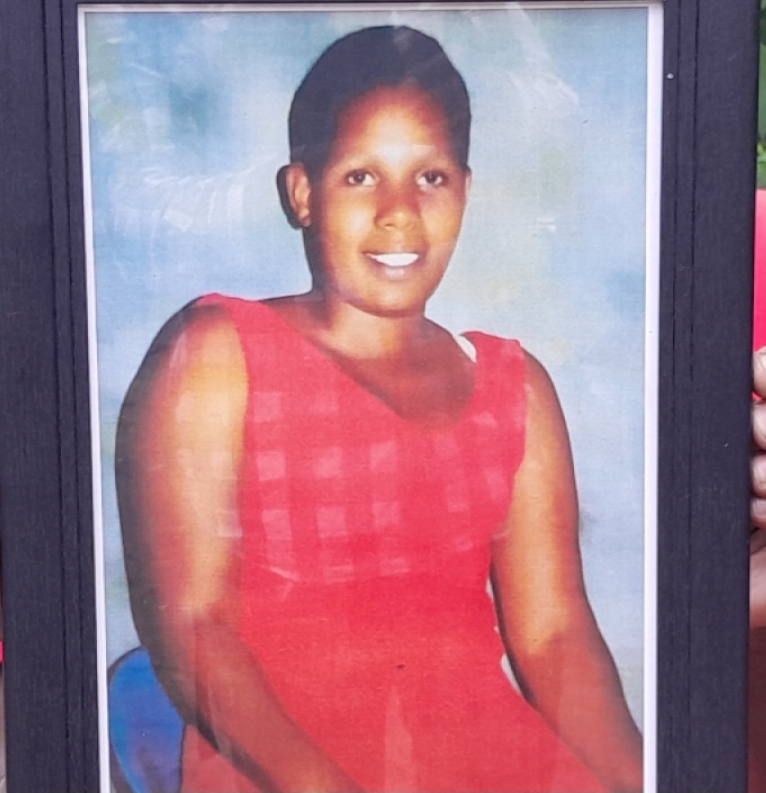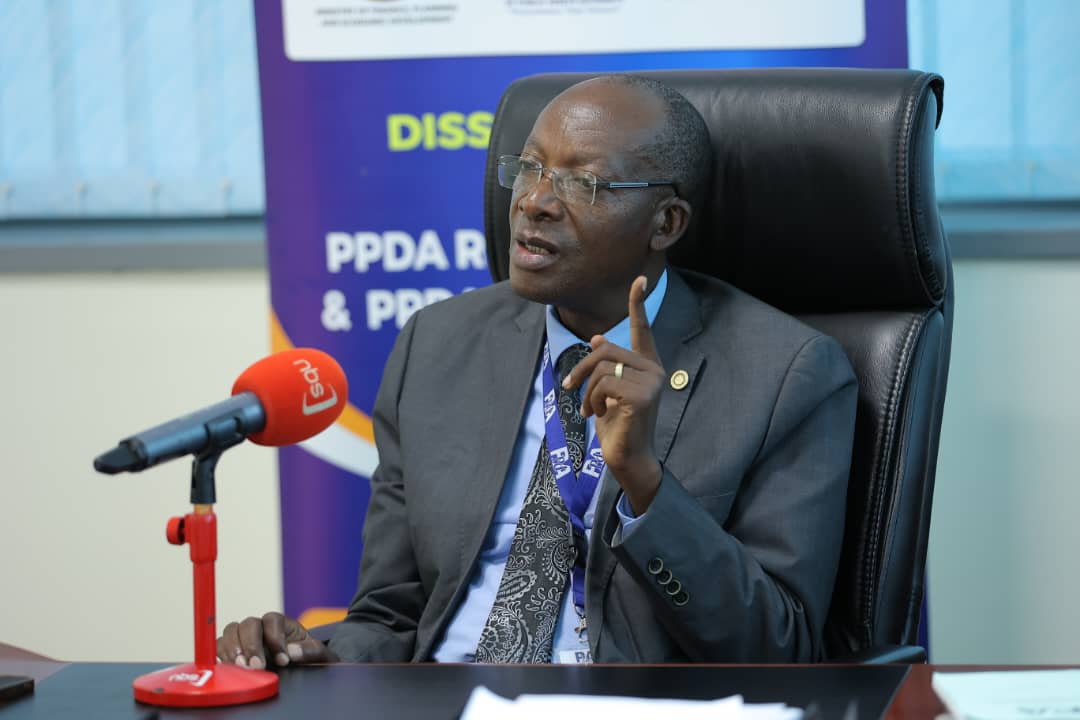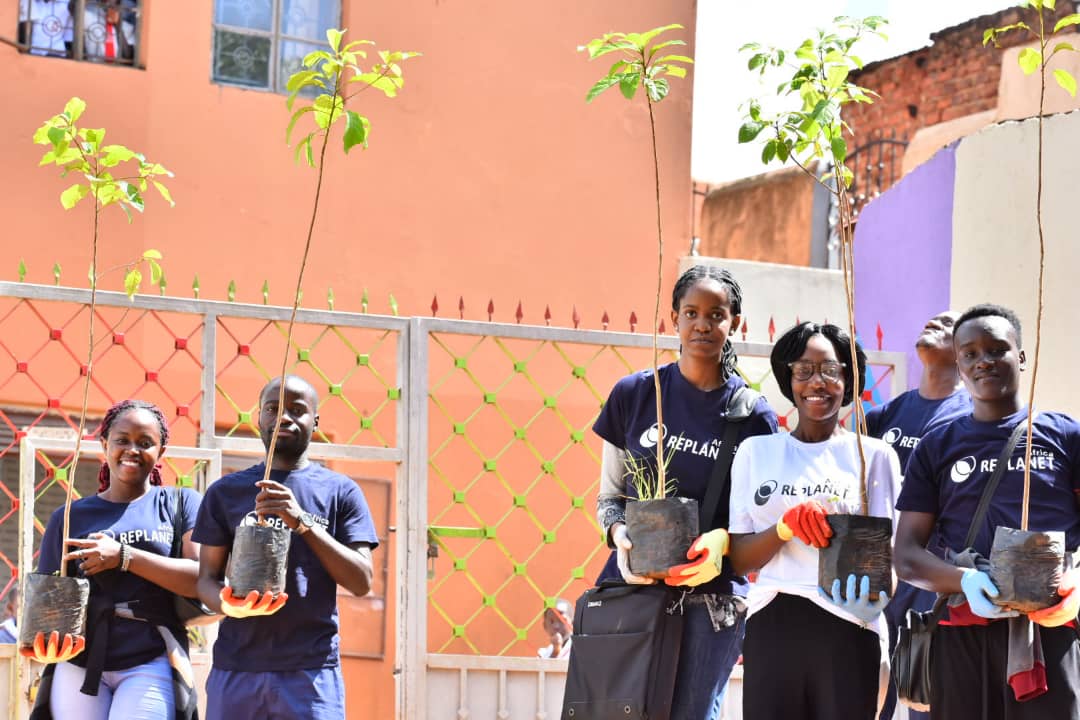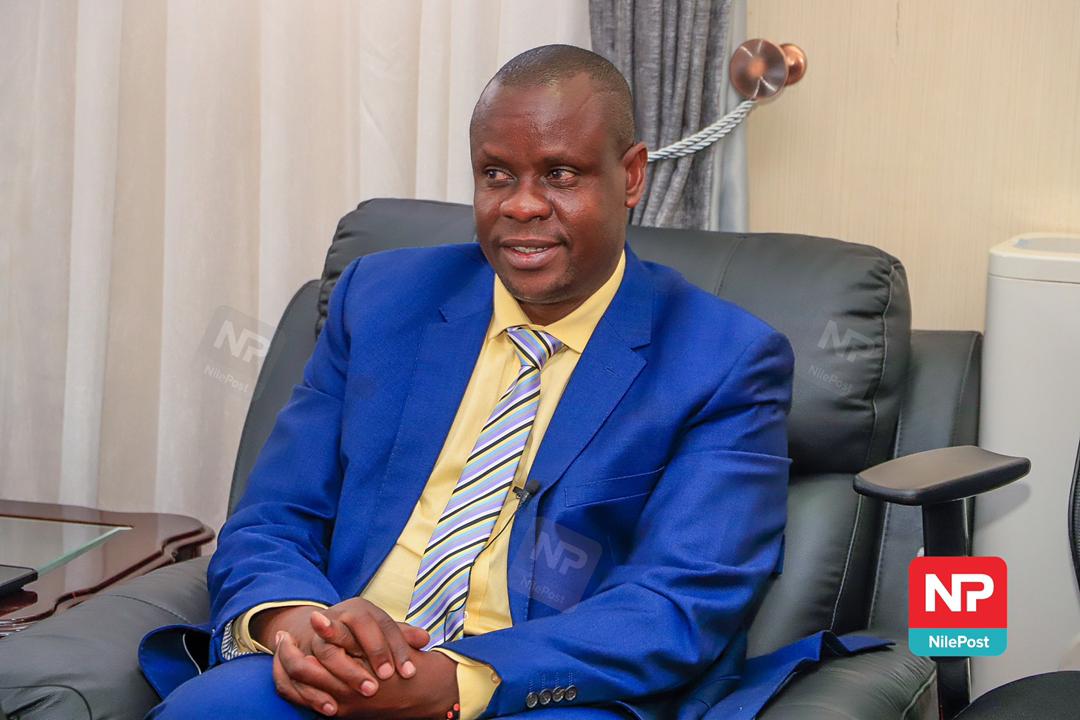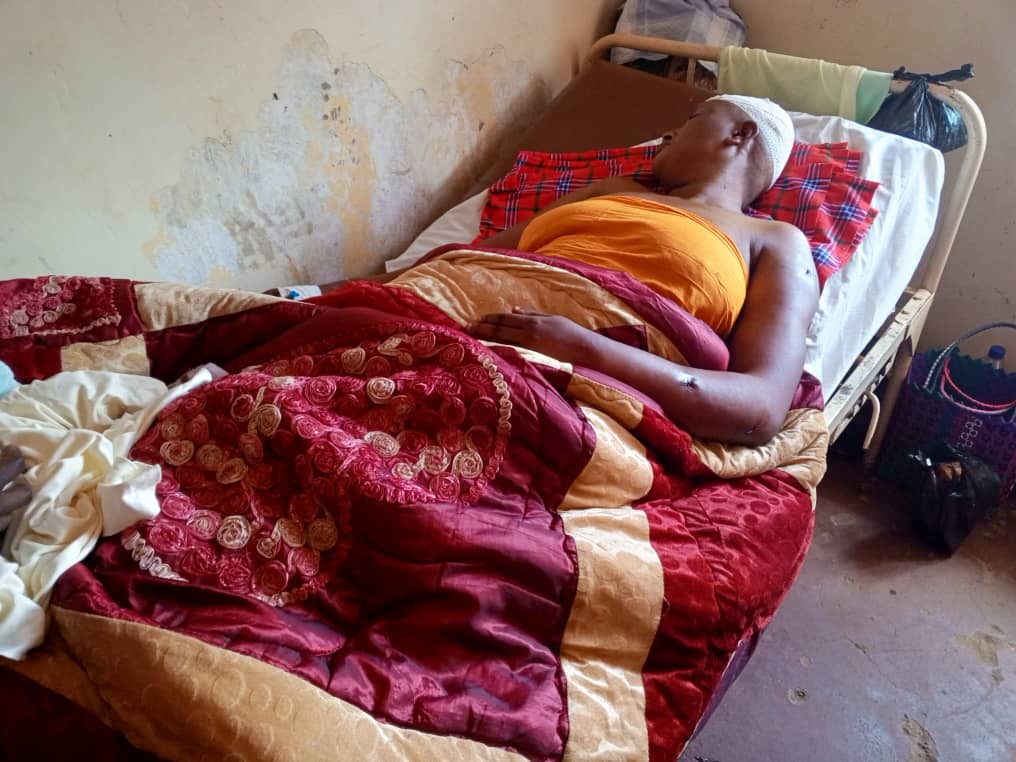Kapchorwa: YALIRLCEA Cohort39 alumni donate 1,000 re-usable sanitary pads to school girls
Education plays an equalising role in people’s lives socially, economically, politically, making it a getaway to people’s opportunities.
On top of facilitating attainment of Sustainable Development Goal five, acquisition of education by males and females helps in reducing child-mortality rate.
Despite being an internationally recognised human right, a vast percentage of girls in Uganda are still discriminated.
There are myriad factors, but habitual lack of sanitary pads for school-going girls still stands-out.
In Uganda, some girls skip lessons for at least 45 days a year to handle monthly menstruation cycles at home, evading mocking and associated stereotypes orchestrated by their male-counterparts at schools.
“Whenever my period starts, I miss school because there is no privacy and toilets are also dirty," Calorine Nabuduwa, a pupil at Kaseremu Primary school in Kaseremu sub-county in Kapchorwa district said.
Lack of privacy aside, school-going but menstruating girls also grapple with chronic poverty that makes it difficult for their parents to afford sanitary pads and other scholastic materials.
"Most of our parents cannot afford to buy pads for us monthly. So, I appeal to government to start buying pads for us because our parents are poor,” Barbara Chekwel, a P.6 pupil at Gamogo Primary School, said.
In Uganda, sanitary pads are costly to be accessed by girls from poor families. On average, a pack of pads goes for Shs 3,700 (approx. $1).
This leads poor girls in rural areas to resort to using unhygienic methods to handle menstruation periods, exposing them to health risks.
This partly contributes to rampant girls’ school drop-outs to increased teenage pregnancies and child marriages which stood at 40% before Covid-19 pandemic.
To fix this, alumni of YALI Regional Leadership Center East Africa (YALIRLCEA) Cohort39, Uganda chapter travelled to Kapchorwa district to train 50 girls from four schools how to make re-usable sanitary pads between 1st-2nd April 2021.
YALI young leaders, who tasked trainees to multiply skills among their peers in Kaserem, Gamogo, Chebet Primary Schools and Kawowo Secondary, and communities, also donated over 1,000 re-usable pads to 1,000 school girls on top of skilling them on safe menstrual health and sexual reproductive practices.
Asked why they took the project to Kapchorwa over other regions, Deo Walusimbi, YALIRLCEA cohort39 Uganda chapter leader explained that the national poverty-ratios determined their decision.
"The scope of poverty has affected eastern Uganda most and the likelihood of the same region becoming poor is projected to rise from 28.8% to 53.3%, according to latest statistics by Ministry of Finance," Walusimbi said.
"This poverty which gripped parents directly affects children but girls are disproportionately impacted to the extent of knocking them out-of-education system prematurely," he said.
Walusimbi said he was optimistic that the 1,000 girls who benefited from the project will be the candles that will light others in communities.
Gaudencia Chekwech, CEO Ushindi Medical Services that YALI alumni applied through, expressed joy to her mates for accepting her to take the project.
"Growing up and struggling through lower education, I know what these young girls are going through during their periods. Now that these girls have been trained, I am happy you guys trusted me," she said.


